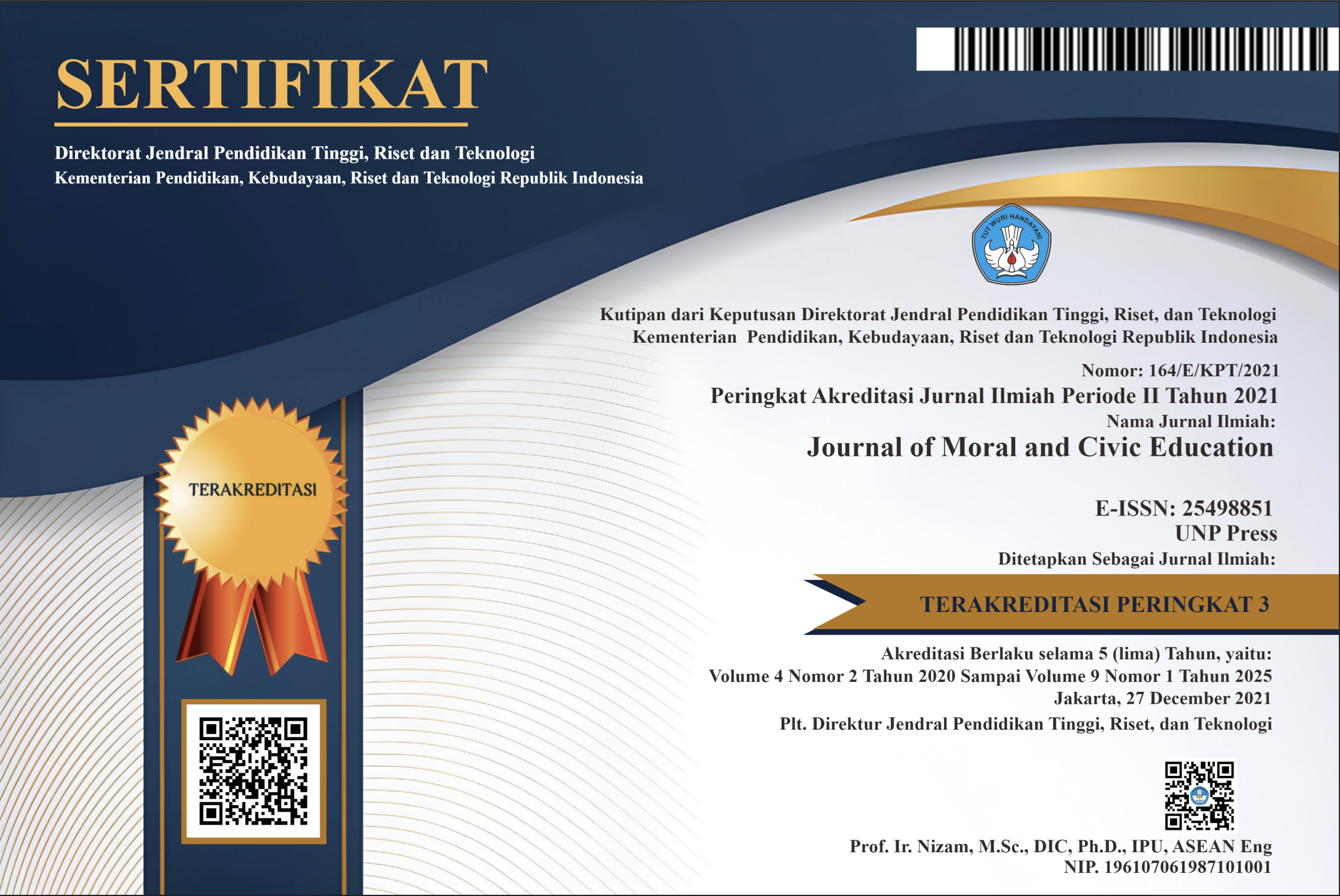The Dynamics of Indonesian Democracy Post-New Order: A Deliberative Democracy Perspective on B.J. Habibie, Susilo Bambang Yudhoyono and Joko Widodo
Abstract
This study examines the trajectory of Indonesian democracy post-New Order, utilizing Jürgen Habermas's theory of deliberative democracy, specifically focusing on discourse ethics, the political public sphere, and popular discursive sovereignty. Through a literature-based analysis, enriched by empirical case studies and textual analysis, the research delineates the varying democratic experiences under the Habibie, Susilo Bambang Yudhoyono (SBY), and Joko Widodo (Jokowi) administrations. The Habibie era witnessed a democratic resurgence, characterized by increased openness and the integration of public deliberation into policy-making. Conversely, the SBY period revealed democratic stagnation, attributed to high-cost politics, a restricted public sphere, and ineffective institutional oversight. The Jokowi era marked a further regression, evidenced by the suppression of dissent, the consolidation of oligarchic power, and the erosion of meaningful public discourse. These findings suggest a concerning trend towards democratic decline in Indonesia, signaling a potential return to authoritarian governance. This research offers a critical analysis of these trends, providing a framework for understanding the challenges facing Indonesian democracy and informing future policy considerations.




 JMCE is licensed under a
JMCE is licensed under a 